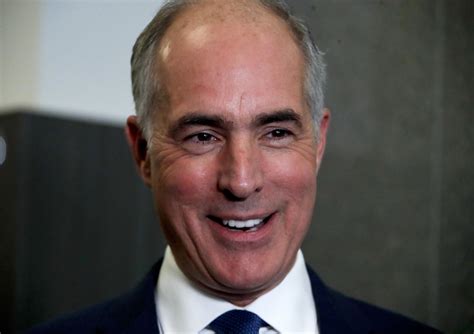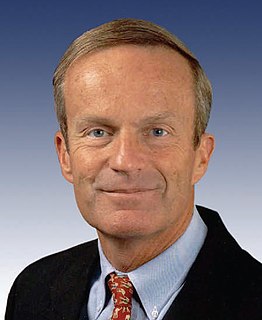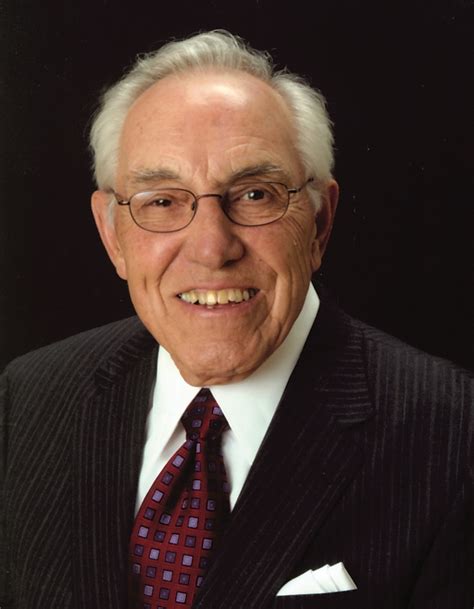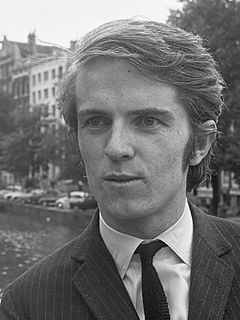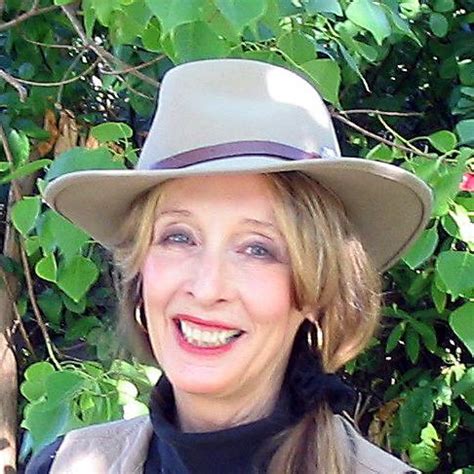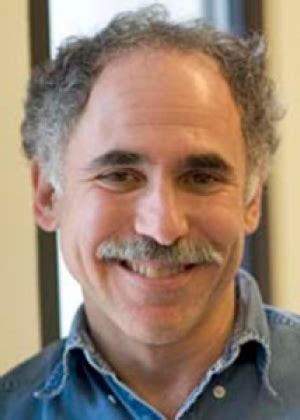A Quote by Robert Casey
From the beginning, each human embryo has its own unique genetic identity.
Related Quotes
Although life is a continuous process, fertilization is a critical landmark because, under ordinary circumstances, a new, genetically distinct human organism is thereby formed.... The combination of 23 chromosomes present in each pronucleus results in 46 chromosomes in the zygote. Thus the diploid number is restored and the embryonic genome is formed. The embryo now exists as a genetic unity.
There will be no one like us when we are gone, but then there is no one like anyone else, ever. When people die, they cannot be replaced. They leave holes that cannot be filled, for it is the fate - the genetic and neural fate - of every human being to be a unique individual, to find his own path, to live his own life, to die his own death.
Motherhood involves a special communion with the mystery of life, as it develops in the mother's womb. The mother is filled with wonder at this mystery of life, and 'understands' with unique intuition what is happening inside her. In the light of the 'beginning', the mother accepts and loves as a person the child she is carrying in her womb. This unique contact with the new human being developing within her gives rise to an attitude towards human beings - not only towards her own child, but every human being - which profoundly marks the woman's personality.
The term pre-embryo is useful in the political arena - where decisions are made about whether to allow early embryo (now called pre-embryo) experimentation - as well as in the confines of a doctor's office, where it can be used to allay moral concerns that might be expressed by IVF patients. 'Don't worry,' a doctor might say, 'it's only pre-embryos that we're manipulating or freezing. They won't turn into real human embryos until after we've put them back into your body.'
